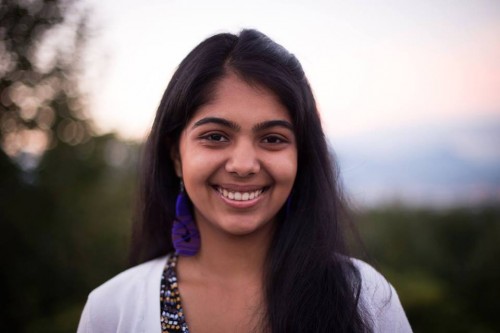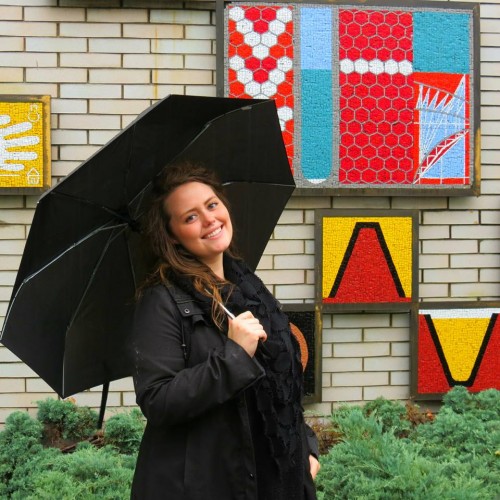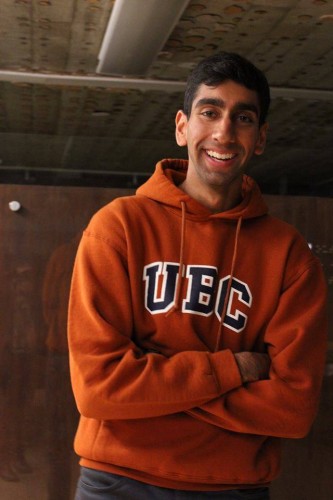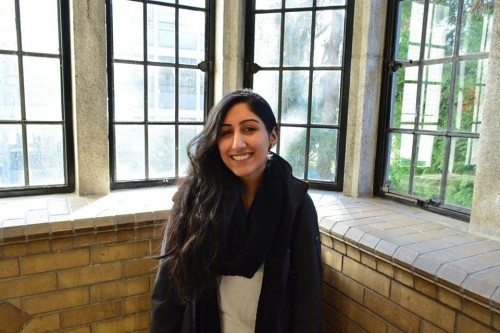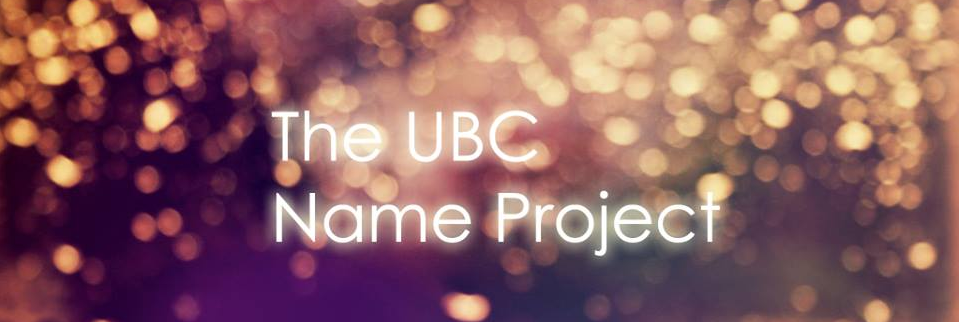
Post by Lilian Higashikata, Equity Ambassador and 3rd-year Arts student
UBC is a large university with 58,284 students, of which 10,181 of the students are from 149 countries, supported by 15,171 staffs. On a campus with such incredible population, it’s very easy to feel lost in numbers and forget to see that the UBC community is made up of diverse individuals.
In a hope to remind the UBC community (including you and me!) that every one of us is unique, I decided to create a social media blog (inspired by the Humans of New York project) that highlights and celebrates what is one of the most basic parts of our identities – our names.
Through the Name Project I am inviting the wider UBC community to take some time to learn the meaning and stories behind our names and reflect on our diverse cultural backgrounds, heritages, and identities.
My hope is that participants and readers will be inspired to ask their peers about their names and be open to it leading to discourse on diversity, intercultural understanding, and ongoing learning about their own family background and heritage.
I will attempt to interview two to three people each week, and post their story and picture onto our Facebook page. If you see a girl in an Equity Ambassador hoodie with a camera looking for another person to interview, feel free to come say hi, and tell me more about yourself! My personal goals include making new friends and listening to more stories!
Dhrti
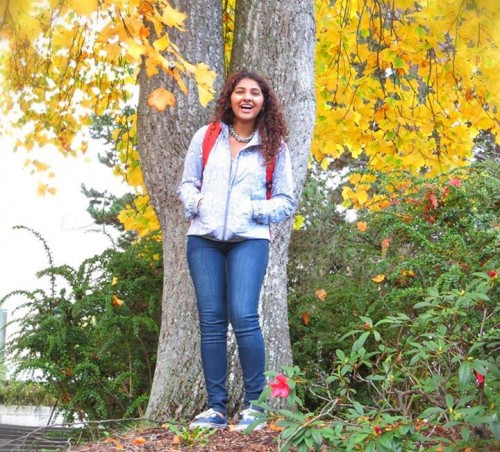
My name is pronounced ‘dretty.’ Kind of like ‘pretty’ but with a D instead of P. My friends came up with it because people find it so hard to pronounce my name. Whenever I’m in class and a prof is taking attendance and freezes, I raise my hand and say, ‘I think it’s me.’
My name ‘Dhrti’ is actually a Sanskrit name. Sanskrit is a really old language that dates back to 1500BCE, and it’s a root language for many other languages. My name means ‘joy,’ ‘happiness,’ and ‘command,’ and it’s also connected to a powerful Hindu goddess, Parvati. I haven’t met another Dhrti in my life, so I really love my name.
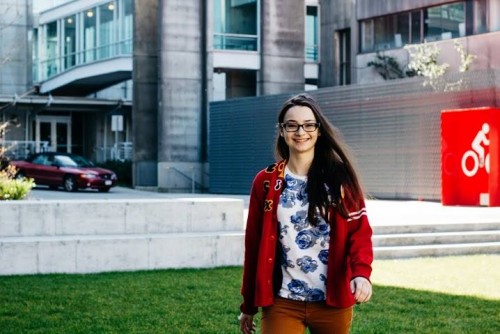

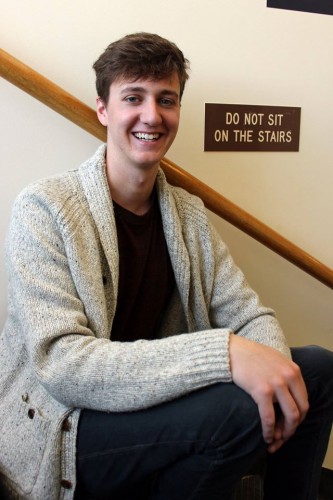 Brook: First of all this is Brook without an E. Adding an E is a major pet peeve of mine.
Brook: First of all this is Brook without an E. Adding an E is a major pet peeve of mine.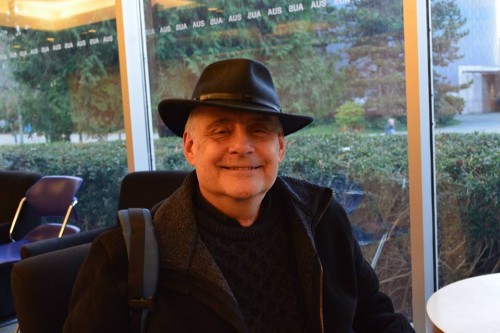 People that have interacted with me in different times call me different names. When I was young boy, people called me ‘Bobby.’ These people are mostly dead now though. *laughs* Then people started calling me ‘Bob’ in my early teens. The only time I was called ‘Robert’ was when I knew I was in for some shit. But other than that, it was a traditional thing to call me ‘Bob.’
People that have interacted with me in different times call me different names. When I was young boy, people called me ‘Bobby.’ These people are mostly dead now though. *laughs* Then people started calling me ‘Bob’ in my early teens. The only time I was called ‘Robert’ was when I knew I was in for some shit. But other than that, it was a traditional thing to call me ‘Bob.’